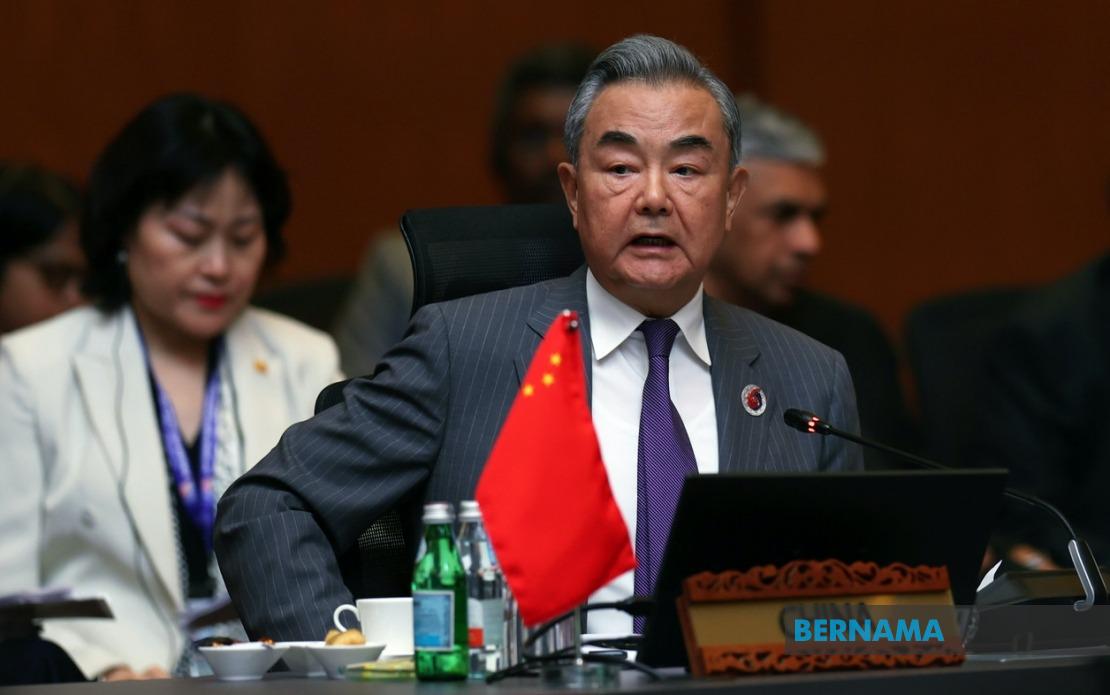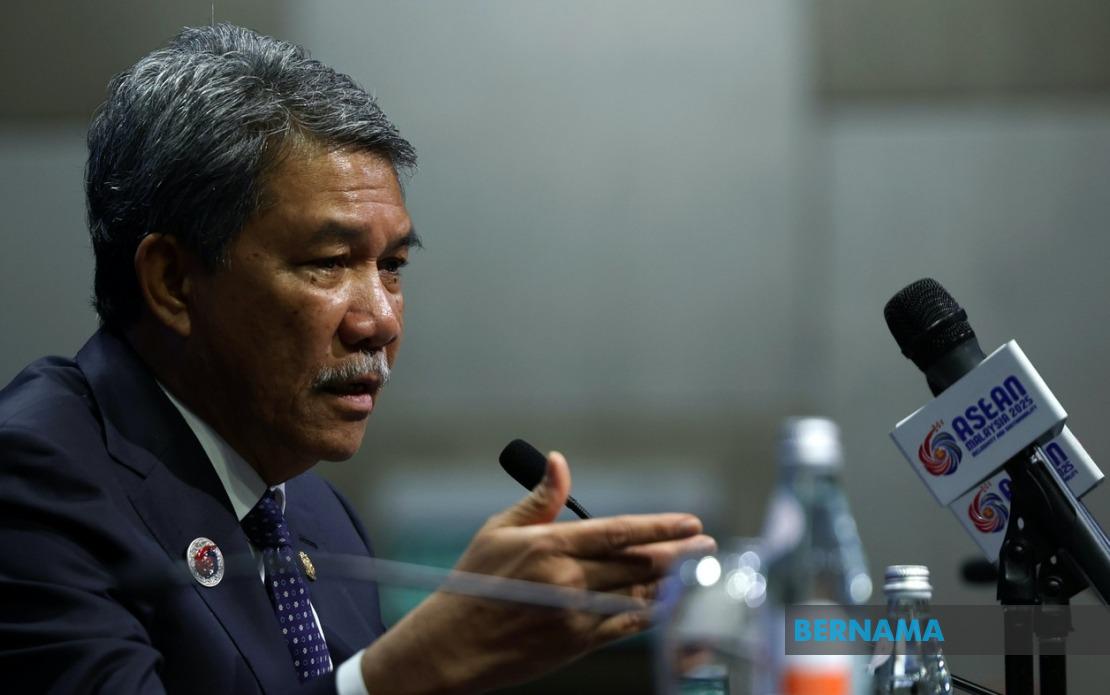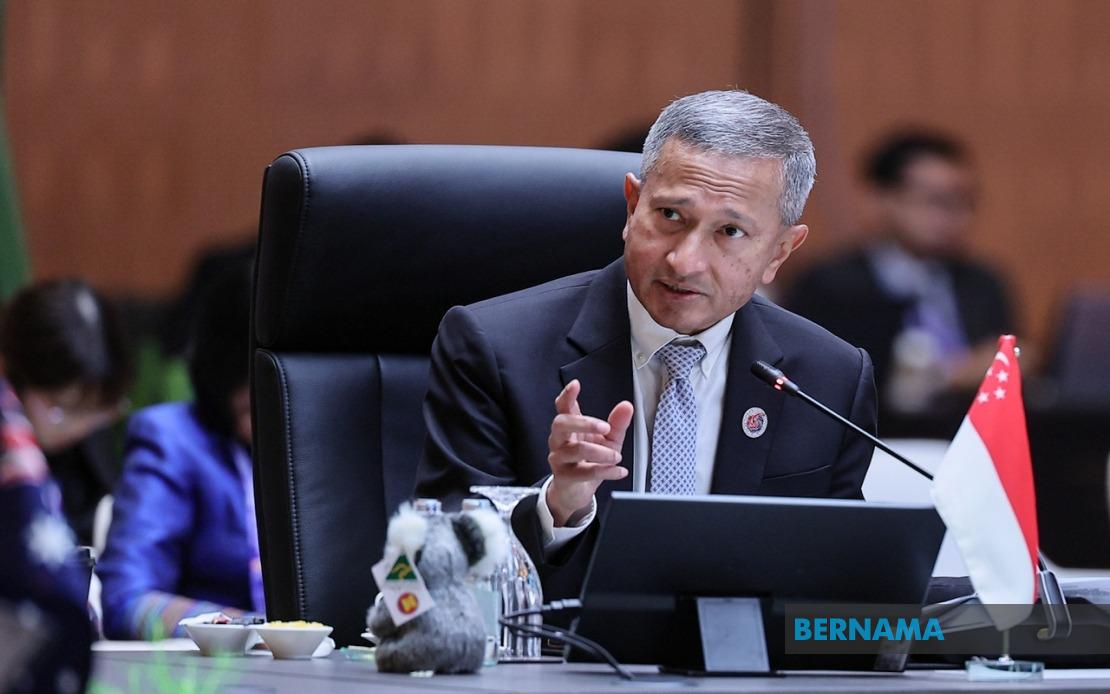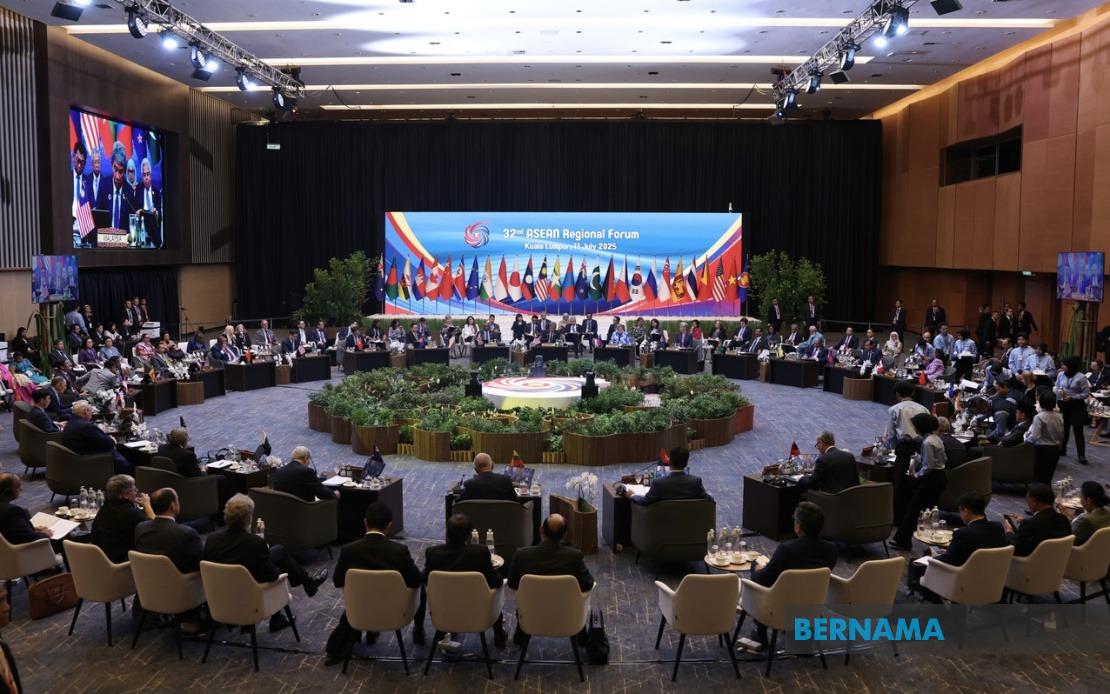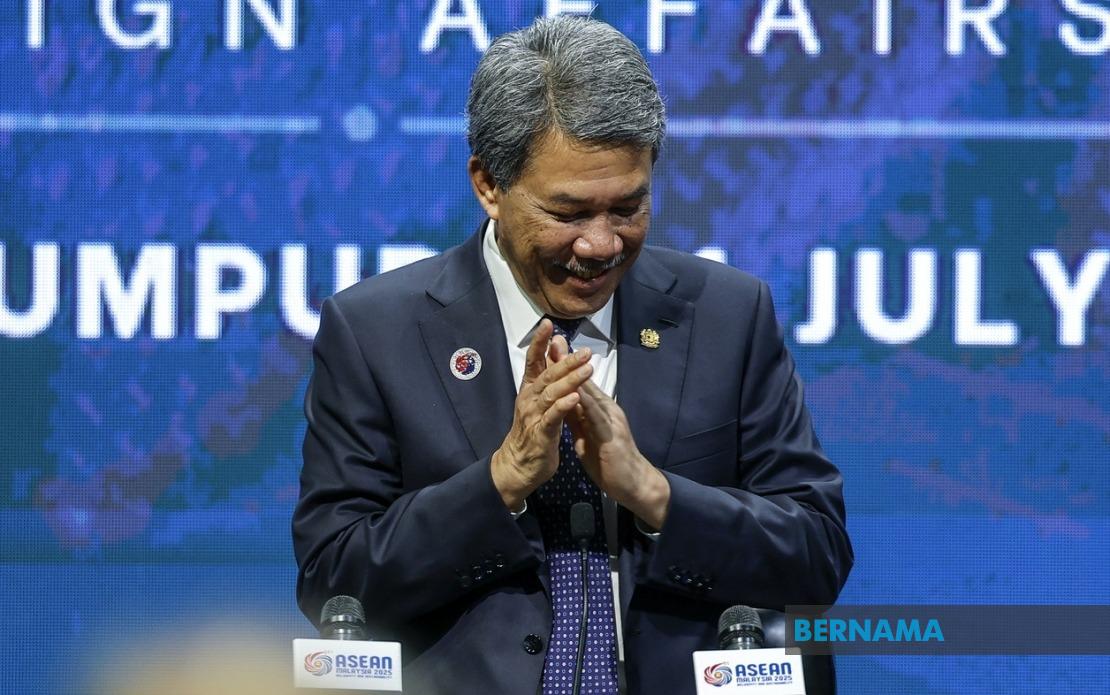ASEAN FOREIGN, ECONOMIC MINISTERS TO JOINTLY MEET TO ADDRESS GLOBAL ECONOMIC SHIFTS -- SEC-GEN
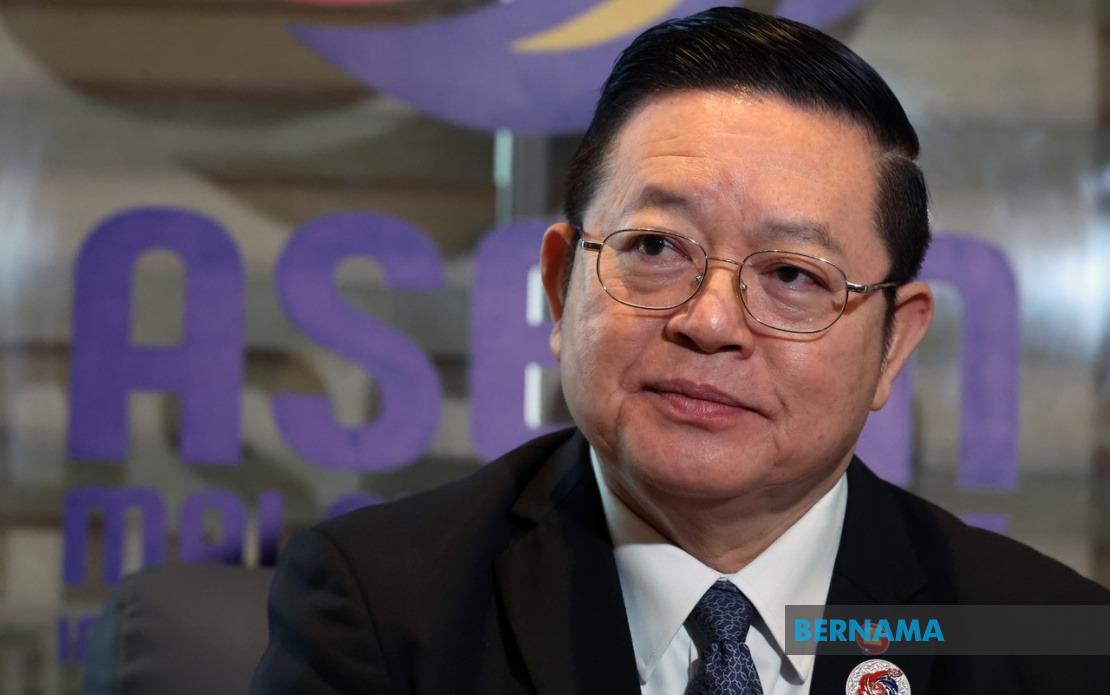
By Nurul Hanis Izmir
KUALA LUMPUR, July 11 (Bernama) -- ASEAN foreign and economic ministers are expected to convene a joint meeting ahead of the 47th ASEAN Summit in October, as part of efforts to develop a more coordinated regional response to mounting global economic headwinds.
ASEAN Secretary-General Dr Kao Kim Hourn said while the date has yet to be confirmed, the meeting will be held before the summit, which is scheduled to take place in Kuala Lumpur from October 26 to 28. The Summit Plenary and Retreat are set for October 26.
Speaking in a media interview on the sidelines of the 58th ASEAN Foreign Ministers’ Meeting (AMM) and related meetings on Friday, Kao said the decision comes amid growing uncertainties in global trade.
These concerns include recent developments in global trade, such as the recent surprise move by US President Donald Trump, who reportedly sent a surprise letter to Vietnam proposing zero per cent tariffs on US exports to Vietnam.
Elaborating further, Kao said ASEAN member states have already held six rounds of discussions focused on the impact of evolving US trade policies and broader shifts in the global economic landscape.
“Our position is clear. ASEAN continues to pursue constructive engagement and negotiation with the United States. At the same time, individual member states can also hold bilateral negotiations,” he said.
He emphasised that ASEAN has not deviated from its long-standing commitment to a free, open and rules-based multilateral trading system, anchored in the World Trade Organisation (WTO).
“This has been consistently reflected in all ASEAN documents and positions,” he said, adding that as part of strengthening its internal economic resilience, ASEAN has concluded the upgrade of the ASEAN Trade in Goods Agreement (ATIGA), which is expected to be signed during the upcoming summit.
Beyond tariff reductions, ASEAN is now actively working to eliminate non-tariff barriers to realise the vision of a single market.
“We’re also accelerating negotiations for the ASEAN Digital Economy Framework Agreement, and we’ve completed upgrades of free trade agreements (FTAs) with China, and with Australia and New Zealand. The AANZFTA took effect on April this year,” he said.
Amid ongoing global uncertainties, ASEAN has established a Geoeconomic Strategy Task Force, which recently presented its initial set of recommendations during the AMM to guide the region’s response to external economic shifts.
“The task force is mandated to support ASEAN’s economic priorities, especially trade, and is working closely with both foreign and economic ministers,” he said.
ASEAN’s internal consultations are also preparing for its regular engagement with the US in September through the ASEAN Economic Ministers-USTR (United States Trade Representative) consultations.
“In the end, while the US remains an important partner, ASEAN’s trade diversification strategy remains strong,” Kao said. “We have FTAs with China, Japan, Korea, India, Australia and New Zealand and our intra-ASEAN trade and investment continue to grow.”
In April 2025, the US invoked its “reciprocal tariffs” mechanism, announcing levies ranging from 24 per cent to 49 per cent on imports from ASEAN member states. Under this move Malaysia was hit with a 24 per cent tariff, Cambodia 49 per cent, Vietnam 46 per cent, while Laos and Myanmar saw 40 per cent, among others.
By July, the tariffs were clarified: Malaysia’s rate was up by one per cent to 25 per cent, while Vietnam and Cambodia saw reductions (to 20 per cent and 36 per cent respectively), with Indonesia and Thailand unaffected at 32 per cent and 36 per cent. Singapore, the Philippines, and Brunei were still awaiting official confirmation of their respective tariff rates.
In a related development, Kao affirmed that the regional bloc remains open to constructive engagement with all dialogue partners to strengthen regional cooperation while continuing efforts to deepen economic cooperation with key partners.
“What is important is that the United States, under the current administration, has reaffirmed its commitment to ASEAN and to the Indo-Pacific.
“This was clearly and strongly expressed by the US Secretary of State,” he said, adding that this reflects Washington’s continued support for ASEAN-led efforts in maintaining peace, stability, and prosperity in the region.
On the progress of the ASEAN-China Free Trade Agreement (ACFTA) Version 3.0 which is expected to be signed in October, Kao said most of the work has been completed and officials are currently engaged in legal scrubbing ahead of the expected signing in October.
“We are also progressing under the Regional Comprehensive Economic Partnership (RCEP), which remains a key framework for regional trade,” he said.
While noting that ASEAN and China are not working toward a single market, Kao said both the ACFTA and RCEP frameworks are intended to promote win-win cooperation and enhance regional trade integration.
The 47th ASEAN Summit and Related Summits, including the East Asia Summit, are scheduled to take place in Kuala Lumpur from Oct 26 to 28.
-- BERNAMA
